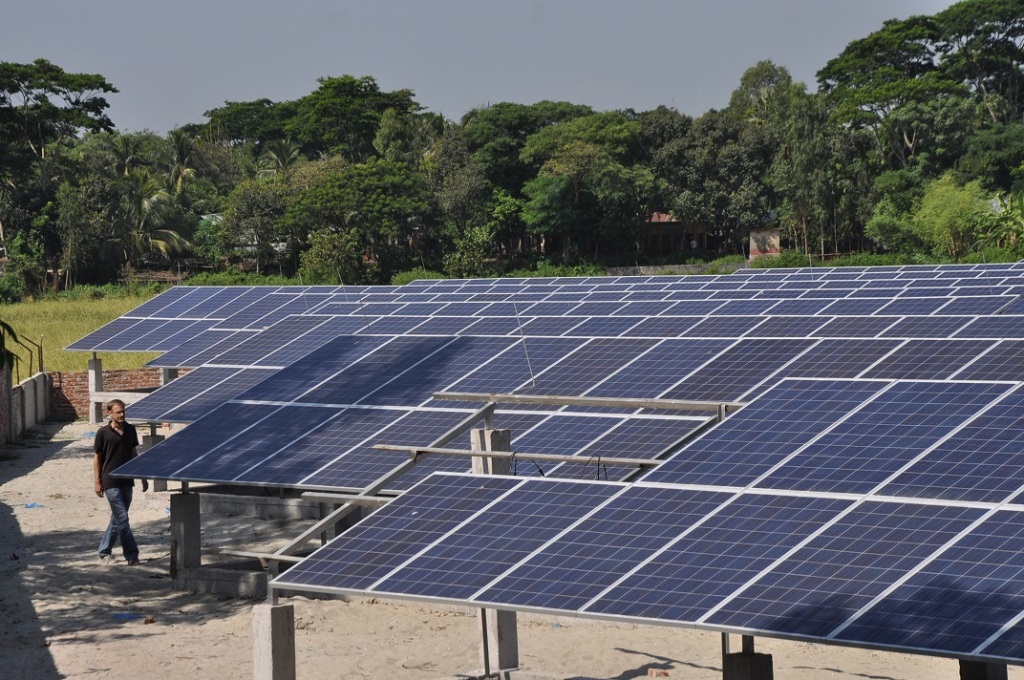News & Updates
World Bank approves $55 million to support renewable energy projects in rural Bangladesh
11 April 2018

The World Bank has approved $55 million to grow clean and renewable energy in rural areas of Bangladesh that is cut off from electricity grids.
The funding will be added to the existing Second Rural Electrification and Renewable Energy Development (RERED II) Project and will involve the installation of 1000 solar irrigation pumps. 30 solar mini grids and 4 million improved cooking stoves.
The total project will enable 10 million people in rural and island areas of Bangladesh to access electricity and increase the efficiency of their cooking stoves.
To date, the project has constructed 10 solar mini grids and the new funding will enable a further 30 to be constructed. It is estimated that this will provide 28,000 connections to households and businesses.
Qimiao Fan, World Bank Country Director for Bangladesh, Bhutan, and Nepal commented:
“We are proud to be helping Bangladesh increase access to clean electricity through solar power. Today, the country has one of the world’s largest domestic solar power programs, covering 14 percent of the population”
“Building on its success in using solar energy to provide electricity in rural areas, this financing will also scale up other clean renewable energy options.”
The new financing will also increase the use of solar irrigation pumps, replacing diesel pumps.
Amit Jain, World Bank Team Leader for the project added:
“In Bangladesh, indoor air pollution causes 107,000 deaths per year, mostly women and children. Traditional cookstoves used in rural areas is a major contributor to this”
“This project will scale up use of improved stoves. Their energy-efficient design will emit 90 percent less carbon monoxide and use half as much firewood as a traditional stove. A major thrust of the project will be to increase use of affordable-fuel efficient cookstoves by the poor and extreme poor”
The Green Climate Fund has also approved $20 million to support an energy efficient cookstoves project.
If you’d like to stay informed on the latest updates in aid and development, please sign up for the AIDF newsletter.
Image source: http://www.uiu.ac.bd